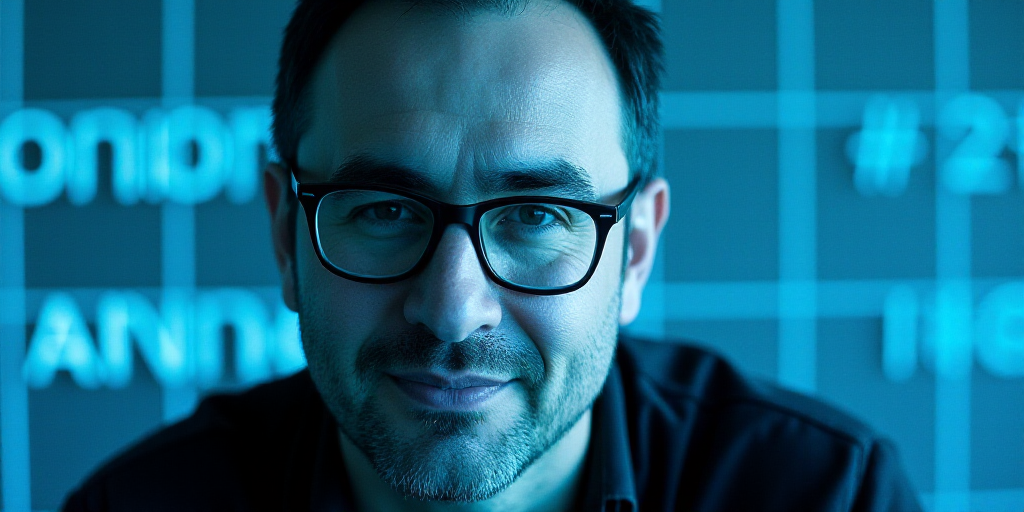In a corner of Mexico, a nurse finishes her 24-hour shift, walking barefoot through the damp hospital hallway as her shoes dry near the sink. She has gone weeks without a full day off. Meanwhile, a medical resident sleeps on his patient file, with his phone’s alarm vibrating against his ribs. Far away, a mother cares for her child with cerebral palsy without pay, social security, or a moment to breathe. Yet, we still wonder why our healthcare system is collapsing.
It’s not a lack of skill. It’s structural tenderness deficit. It’s a systemic lack of empathy. It’s negligence to preserve structures and oppressive norms.
The Mexican Paradox: When Caring Makes Us Sick
Mexico leads in work-related stress among OECD countries, with 75% of healthcare personnel showing burnout symptoms. This figure becomes even more critical when considering that Mexico has only 2.4 doctors and 2.8 nurses per 1,000 inhabitants, far below the OECD average (3.5 and 9, respectively).
Ironically, those who care are the ones who fall ill the most: anxiety disorders, chronic fatigue, emotional depersonalization, vocational crises, and even completed suicides in the medical field. As Byung-Chul Han warns, we live in an era where performance turns into violence and self-exploitation is disguised as virtue.
Mariana, Alondra, and the Heart That Gave Out
In my work as a human development consultant, I have closely followed stories that reveal systemic cracks with an unignorable clarity.
Mariana, a cardiovascular surgeon, wrote on her surgical sheet: “The first heart I lost was mine.” Flawless technique, brilliant clinical leadership, but an empty woman. She signed a death certificate alone, without support, and proceeded to the next patient. The system demands saving lives but doesn’t allow feeling one’s own.
Alondra, a five-year-old Mixe girl with congenital heart disease, died without ever reaching the operating room. We documented her story at Fundación LiLo. The transfer never happened on time; there was no available cardiologist or ventilator. The system was not indifferent—it was ineffective. Where are health leaders when life extinguishes at the margins?
These stories aren’t isolated incidents. They are symptoms of a deeper decomposition: the institutional dehumanization of caregivers and those being cared for.
If We Don’t Care for Those Who Care, the System Isn’t Sustainable
Carl Rogers, a humanistic psychology pillar, taught us that authenticity is the foundation of any meaningful relationship. Can a doctor be authentic if their entire environment demands self-denial? Can a nurse provide emotional support if they aren’t supported themselves?
Humanistic Leadership, applied in all my corporate interventions, proposes a different logic: care for the first heart—your own. Not as an act of selfishness, but as a radical ethic of mutual care.
This involves changing the paradigm:
- From productivity to presence
- From heroism to self-care
- From hierarchy to solidary bond
- From technical obedience to ethical consciousness
Joan Tronto, who developed the Care theory, stated clearly: care is not an emotional luxury; it’s a political and structural function of any human society.
Painful Data, Yet Compelling
40% of doctors and nurses report having had depressive or suicidal thoughts during their professional training.
Over 30% of nursing staff in public institutions refer feeling emotionally detached from their work.
At least 1 in 5 unpaid caregivers in homes lives in extreme poverty, without support networks, medical insurance, or a dignified retirement possibility.
These numbers should alarm us, but they must also mobilize us.
A Heartfelt Leadership: Three Levels of Action
Drawing from Martin Buber’s existentialist philosophy, I propose that all health leadership should transition from Yo-It relationships to Yo-Thou relationships: seeing others as persons, not functions.
Here are three intervention levels inspired by Humanistic Leadership:
- Personal Level (Micro): Promote meaningful pauses. Create speaking spaces in clinical teams. Foster emotional mentorship among peers.
- Organizational Level (Meso): Rework schedules to protect mental health. Implement emotional climate indicators, not just productivity metrics. Foster horizontal leadership that listens, not imposes.
- Systemic Level (Macro): Advocate for public policy protecting primary caregivers. Integrate ethical and emotional resources in medical training. Ensure genuine employee participation in health decisions.
As Amartya Sen’s individual capabilities theory states, “Development is the expansion of people’s genuine freedoms.”
What freedom does someone have who sleeps on their hospital floor to care for others?
Call to Entrepreneurship: Caring Isn’t Charity, It’s Justice
From Mexican Humanism I’ve been articulating, I assert that entrepreneurs have a concrete responsibility towards care. Supporting health campaigns isn’t enough; internal labor practices must be reviewed, and well-being policies implemented for employees who are also mothers, caregivers, doctors, nurses, or invisible system support.
As Riane Eisler reminds us, companies can be cultures of domination or association. Humanistic entrepreneurial leadership should care for the system by caring for those who sustain it.
Caring for those who care is an investment in dignity, sustainability, and social well-being. It’s not rhetoric; it’s a future strategy. It’s rebuilding social fabric with conscious sensitivity and reciprocity.
Epilogue: The Silent Beating Heart
In the coming days, you’ll see me sharing this reflection with those who care daily through vocation, skill, exhaustion, or sheer love.
To them, I want to look in the eyes and say: Thank you. Not for what they do, but for who they are.
“As I said in a recent speech: ‘The future of health won’t be dignified if it isn’t profoundly human. And the first heart we must care for… is our own.’
“Because if we don’t care for the heart of those who care, it’s all a pretense.”
*The author is a Human Development Doctoral student at Universidad Motolinía del Pedregal, Mexico; Master’s in Human Development, Universidad Iberoamericana, Mexico; Executive Master in Strategic Positive Leadership, Instituto de Empresa, Spain. Communications Graphic Design graduate and columnist at El Economista.
#HumanisticLeadership #HumanDevelopment #CorporateHumanism #MexicanHumanism #Sustainability






